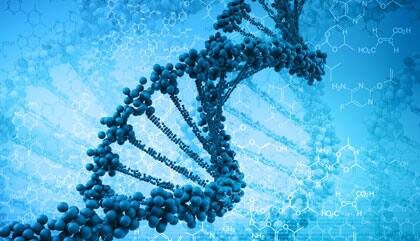Washington: A new study claims that only 8.2 percent of our DNA actually does some significant work.
Researchers from the Oxford University took advantage of the ability of evolution to discern which activities matter and which do not. They identified how much of our genome has avoided accumulating changes over 100 million years of mammalian evolution, a clear indication that this DNA matters, it has some important function that needs to be retained.
Senior author Professor Chris Pointing said that when sequencing the genomes of patients, if human DNA was largely functional, there was a need to pay attention to every mutation. In contrast, with only 8 percent being functional, they had to work out the 8 percent of the mutations detected that might be important. From a medical point of view, this was essential for interpreting the role of human genetic variation in disease.
The researchers Chris Rands, Stephen Meader, Chris Ponting and Gerton Lunter used a computational approach to compare the complete DNA sequences of various mammals, from mice, guinea pigs and rabbits to dogs, horses and humans.
The scientists' idea was to look at where insertions and deletions of chunks of DNA appeared in the mammals' genomes. These could be expected to fall approximately randomly in the sequence, except where natural selection was acting to preserve functional DNA, where insertions and deletions would then lie further apart.
Dr Lunter said that they found that 8.2 percent of the human genome was functional. They couldn't tell where every bit of the 8.2 percent of functional DNA was in the genomes, but their approach was largely free from assumptions or hypotheses.
But not all of the 8.2 percent is equally important, as a little over 1 percent of human DNA accounts for the proteins that carry out almost all of the critical biological processes in the body, and the other 7 percent is thought to be involved in the switching on and off of genes that encode proteins, at different times, in response to various factors, and in different parts of the body.
The findings are published in the journal PLOS Genetics.
















